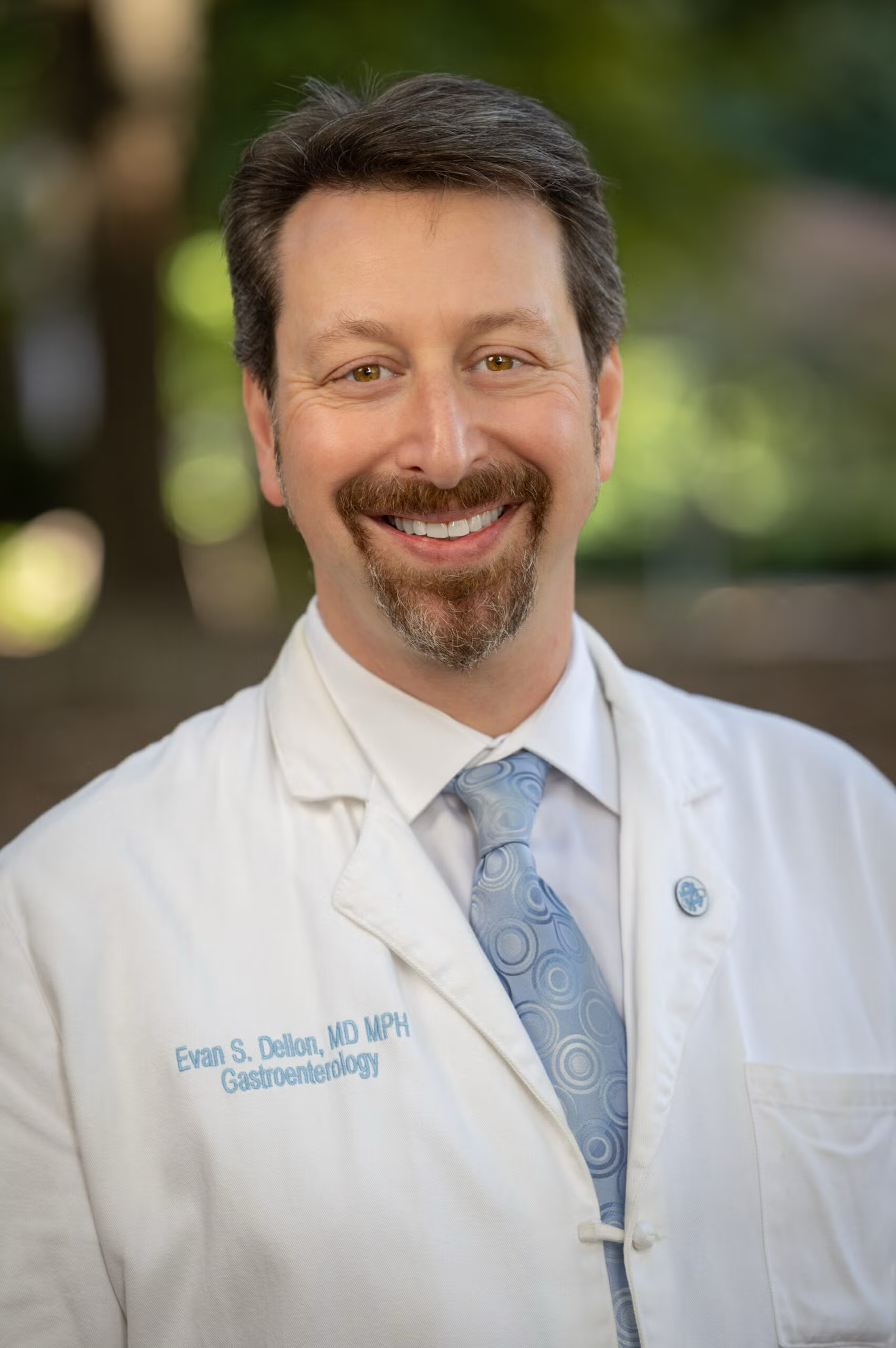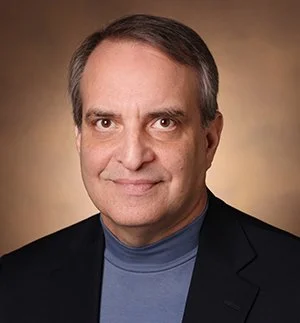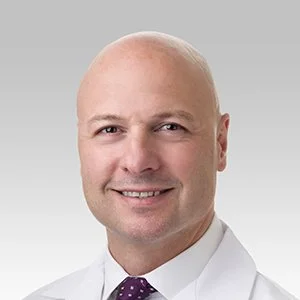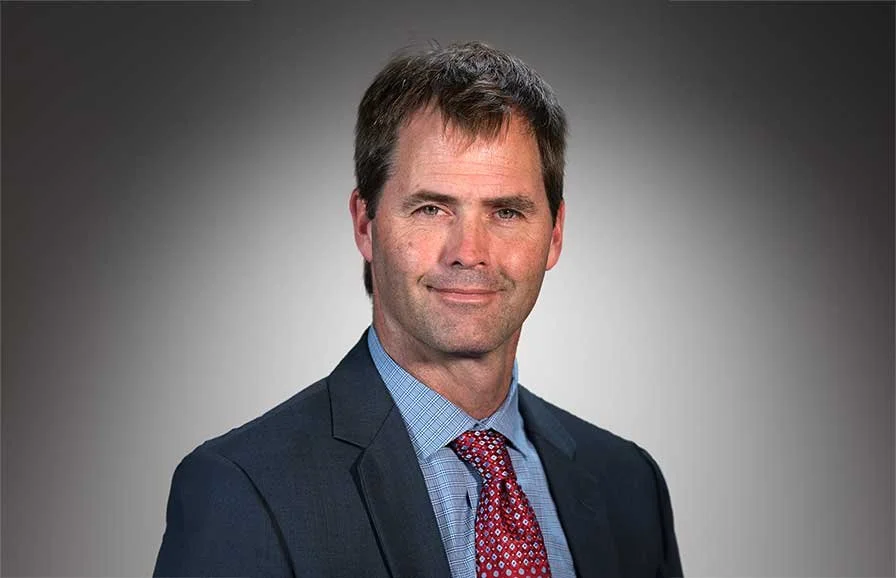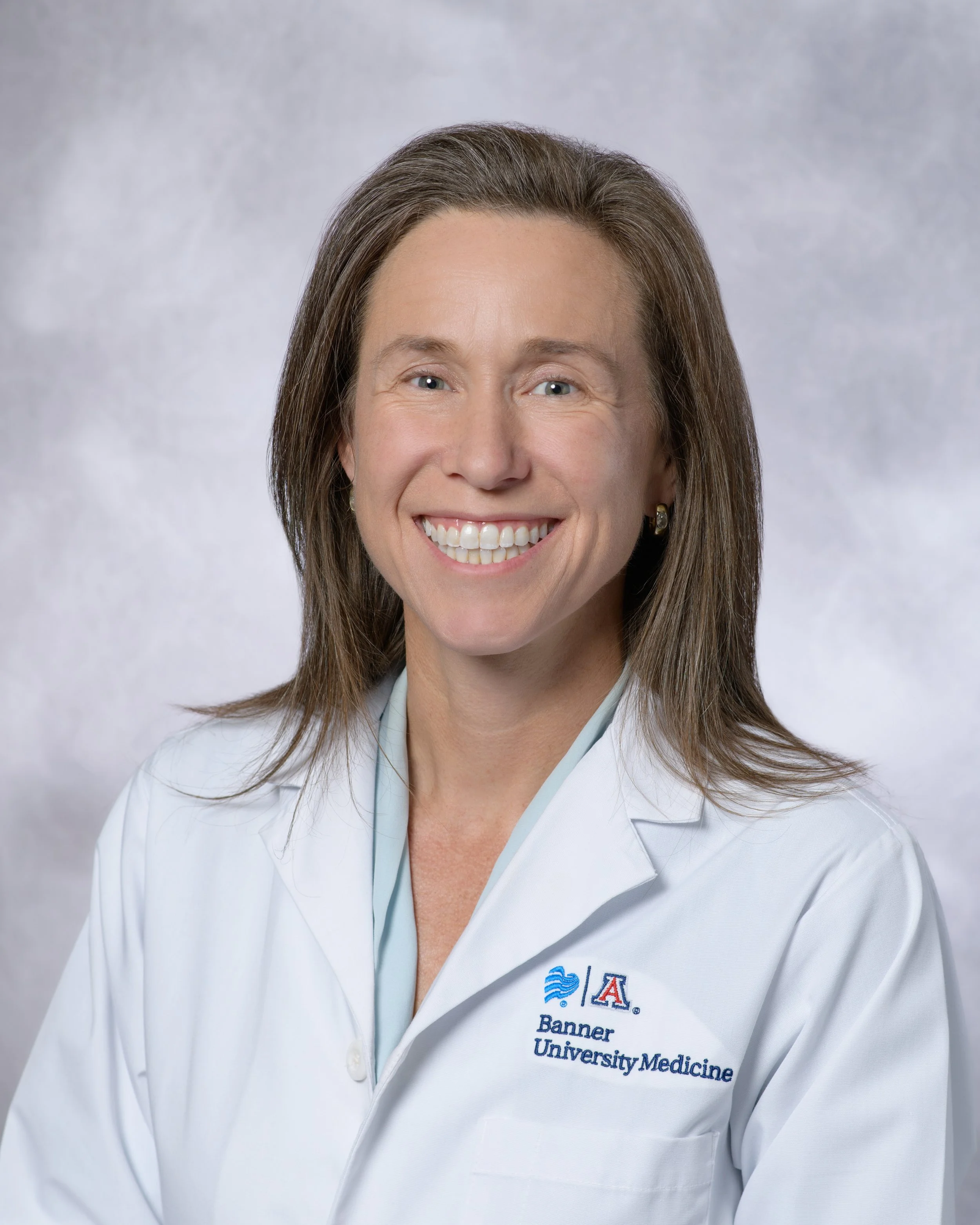February 12 - 17, 2026 at Hyatt Regency Maui Resort and Spa
Faculty Information
This year we are pleased to again bring together outstanding leaders in gastric and esophageal disease as faculty. The faculty brings broad experience in benign and malignant disease and this year includes a mixture of gastroenterologists, surgeons, and pathologists to ensure a comprehensive, state-of-the-art, yet balanced approach to the diagnosis and management of patients with esophageal and foregut disorders.
The course was started by Drs Tom DeMeester and Don Castell. Tom DeMeester was Professor of Surgery and Chairman of the Department of Surgery at the University of Southern California. He is world-renowned for his numerous contributions to the field of esophageal disease, including the development of the DeMeester score to assess esophageal acid exposure during pH testing. Don Castell was Professor of Medicine and Director of Esophageal Function Laboratory at the Medical University of South Carolina, Charleston SC. He was internationally renowned for his contributions to esophageal function testing as well as diagnosis and therapy for gastroesophageal reflux disease. Sadly, Don passed away in 2021, but he will be long remembered for his detailed lectures on esophageal physiology, quick mind, and gregarious spirit while debating Tom and the other surgeons at the annual course. His legacy lives on with the spirited discussions that are a tradition at this course.
This year the course will be co-directed by Steve DeMeester, MD and Stu Spechler, MD. Phil Katz, long-time co-director, remains active with program development and as faculty for the course. Steve DeMeester is a Thoracic Surgeon specializing in foregut disease. He was Professor of Surgery and Clinical Scholar at the University of Southern California until 2016 when he moved to Portland, Oregon. He joined the Oregon Clinic Thoracic and Foregut Surgery group and practiced in Portland until he retired in 2023. Stu Spechler is Chief, Division of Gastroenterology and Co-Director, Center for Esophageal Diseases at Baylor University Medical Center in Dallas and Co-Director, Center for Esophageal Research at Baylor Scott & White Research Institute. He is a recognized leader and has published extensively on topics in esophageal disease including GERD and Barrett’s esophagus. Philip Katz is a Gastroenterologist specializing in esophageal diagnostics and therapy and is a Professor of Medicine at Weill Cornell Medicine, NYC. Prior to moving to Cornell, Phil was Chief of Gastroenterology and Nutrition at the Albert Einstein Medical Center, Jefferson Medical College in Philadelphia, PA. He is a past president of the American College of Gastroenterology.
Core faculty for the course include Felice Schnoll-Sussman MD, and David Katzka MD, from the GI side and Daniela Molena MD, and Guilherme M. Campos, M.D., Ph.D. from the surgical side. Para Chandrasoma MD continues to challenge conventional thinking about the pathology of GERD. Felice Schnoll-Sussman is Professor of Clinical Medicine and Director of the Jay Monahan Center for Gastrointestinal Health and Director of Endoscopy, Division of Gastroenterology and Hepatology, Weill Cornell Medicine. She is known for her skills in advanced esophageal endoscopy including management of complex strictures and Barrett’s esophagus. David A. Katzka is Professor of Medicine and Head of the Esophageal Center at Columbia University. He is an Emeritus Professor of Medicine at the Mayo Clinic, Rochester. He has had a career-long interest in esophageal disease and has published numerous high-impact papers on a range of esophageal disorders that have aided our ability to diagnose and treat these conditions. Daniela Molena is Director of the Esophageal Surgery Program and Professor, Cardiothoracic Surgery at Weill Cornell Medical College, and Associate Attending, Thoracic Service at Memorial Sloan Kettering Cancer Center in New York, NY. Guilherme M. Campos is the Paul J. Nutter Professor and Chair of the Division of Bariatric and Gastrointestinal Surgery of Surgery at Virginia Commonwealth University in Richmond, Virginia; where he is also the Co-director of the Foregut, Advanced GI/MIS, and Bariatric Fellowship program. Para Chandrasoma is one of the world’s leading experts in esophageal pathology and has proposed groundbreaking concepts related to the histology of the normal and the reflux-damaged gastroesophageal junction. He spent his career at the University of Southern California and Los Angeles County Hospital.
We also want to recognize and thank our Emeritus Surgical Director, Jeff Peters, MD, for his many years leading the course after Tom DeMeester stepped down. His thought-provoking and stimulating lectures were an unforgettable part of the history of this course. He remains on the board of directors and continues to share his passion for foregut disease with the audience when he is able to attend the course.
In addition to our core faculty, each year there are special guest faculty to highlight the specific topics that are being focused on at each year’s meeting. These topics include esophageal diagnostics, endoscopic imaging and interventions, the pathology of GERD and Barrett’s esophagus, esophageal motility abnormalities and diverticula, hiatal hernia, laryngopharyngeal reflux, medical, surgical, and endoscopic therapies for GERD and motility disorders, esophageal perforation and caustic injury, eosinophilic esophagitis, benign tumors of the esophagus and stomach, and the diagnosis, staging, and therapy for esophageal and gastric cancer. Check out the agenda for topics and areas of focus at the upcoming 2026 course!
Special guest faculty at the 2026 course:
FEATURED ON THE MEDICINE SIDE
Evan S. Dellon, MD, MPH – University of North Carolina
Dr. Dellon is a Professor of Medicine and Adjunct Professor of Epidemiology at the University of North Carolina School of Medicine in Chapel Hill. He is currently the Director of the UNC Center for Esophageal Diseases and Swallowing (CEDAS), and he has served as an Associate Editor for Clinical Gastroenterology and Hepatology. Dr. Dellon’s main research interest is in the epidemiology, pathogenesis, diagnosis, treatment, and outcomes of eosinophilic esophagitis (EoE) and the eosinophilic GI diseases (EGIDs). The goal of his research has been to improve the lives of patients with EoE and EGIDs by learning how to better diagnose, treat, and monitor these conditions. He has been a principal investigator on multiple NIH- and industry-funded EoE trials, and he is widely regarded as the world’s premier investigator on the management of EoE.
James R. Goldenring, MD, PhD – Vanderbilt University
Dr. James R. Goldenring is the Paul Sanger Professor of Surgery and Professor of Cell and Developmental Biology at Vanderbilt University Medical Center. He is also Co-Director of the Vanderbilt Epithelial Biology Center and Scientific Director of the Translational Pathology Shared Resource and the Digital Histology Shared Resource at Vanderbilt. Dr. Goldenring has been a leader in the field of epithelial biology for the past 3 decades, especially regarding the roles of mucosal stem cells in giving rise to metaplasia and cancer. He described Spasmolytic Polypeptide-expressing Metaplasia (SPEM) in mouse models and humans in 1999, and he has received numerous prestigious awards for his research including the AGA Funderburg Research Award in Gastric Biology Related to Cancer, the Takeda Distinguished Research Award from the American Physiological Society, and the 2023 Distinguished Achievement Award in Basic Science from the American Gastroenterological Association.
John E. Pandolfino, MD – Northwestern University
Dr. Pandolfino is the Hans Popper Professor of Medicine and Chief of Gastroenterology and Hepatology at the Feinberg School of Medicine at Northwestern University. His career has focused primarily on studying the biomechanics of gastrointestinal motility, and he is internationally recognized for his pioneering investigations on high-resolution manometry and FLIP. He is currently funded by the NIH to study GERD and dysphagia pathogenesis. While he is the Executive Director of the Digestive Health Institute, he maintains a strong clinical referral practice in the Kenneth C. Griffin Esophageal Center at Northwestern Medicine. He is a past president of the American Neurogastroenterology and Motility Society, he serves on multiple editorial boards, and he is a frequent contributor to consensus guidelines that shape modern esophageal practice.
FEATURED ON THE SURGICAL SIDE
Brant K. Oelschlager, MD, FACS
Brant K. Oelschlager, M.D. is Professor of Surgery and Byers Endowed Chair in Esophageal Research at the University of Washington, where he serves as Chief of the Division of General Surgery. He specializes in the spectrum of foregut surgery from benign to malignant, with a career focusing on minimally invasive surgical approaches. Dr. Oelschlager has contributed many clinical research studies, contributed to leading surgical textbooks, and is active in national and international surgical societies. He is also committed to surgical education, having trained numerous fellows and mentored research scholars from around the world.
Stephanie G. Worrell, MD, FACS
Dr. Stephanie G. Worrell, MD, MS, FACS, is a Clinical Associate Professor of Surgery and Section Chief of Thoracic Surgery in the Division of Cardiothoracic Surgery at the University of Arizona. She trained in General Surgery at the University of Southern California, where she served as Administrative Chief Resident and completed a dedicated esophageal research fellowship. She then completed a cardiothoracic fellowship at the University of Michigan gaining significant experience in esophageal and robotic thoracic surgery. She is board-certified in both General Surgery and Thoracic Surgery.
Dr. Worrell is Associate Program Director for the General Surgery Residency, serves as Thoracic Program Chair for the STS Annual Meeting, and sits on multiple editorial boards, including Foregut, Annals of Surgical Oncology and Annals of Thoracic Surgery. Her scholarly portfolio exceeds 100 peer-reviewed publications focused on optimizing outcomes in foregut disease, esophageal cancer and lung cancer.


